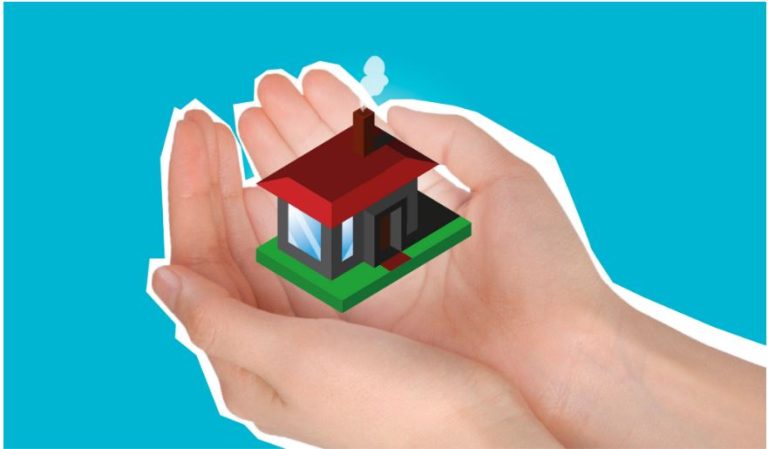How To get a Business Loan – The Truth About the Different Types of Loans
Business loans are generally easier to get than personal loans. But just because business loans are easier to get doesn’t mean they’re the right choice for every small business owner. Getting a business loan can be more challenging than getting a personal loan. If you’re about to start a new venture, you may consider applying for a business loan. After all, gaining capital to expand your company is important. But before you apply for a loan, you should know how exactly different types of loans work and their advantages and disadvantages. Keep reading to discover the ins and outs of getting a business loan — from simple no-dictionary approaches to complicated legal jargon.
What is a business loan?
A business loan is a loan you secure from a bank or credit union. This type of loan is often called a commercial loan, and it’s often approved for larger businesses. You can get a business loan for almost any type of business you’re thinking of starting or expanding. If you’re just starting out, you might be able to get a very small, low-interest cash loan from a friend or family member. But if you want the security of a loan and the ability to repay it, a business loan is a better option.
Types of Loans You Can Get From Banks
There are many different types of loans you can get from banks, including Cash-out loans – These are short-term loans that you can use to pay your day-to-day bills or to buy something smaller and more portable. overdrafts – Overdrafts are short-term loans that you use to cover the money you’re supposed to have in your account, but instead, you have more money in your account than you should have access to. short-term – Short-term loans are time-based. You typically won’t get a long-term loan from a bank, but rather cash-out loans, time-interest loans, and another short-term debt financing.
How Borrowing from Banks Works
When you borrow money from a bank, you’re loaning the money to the bank for a short period. After you make your loan, the bank keeps a small percentage (often between 1 and 3%) of the total amount borrowed. This loaned amount is known as the loan balance. When you make interest or repay the loan, the remaining balance of the loan is subtracted from your account, usually in the form of a loan payoff.
What Are the Advantages and Disadvantages of Loans from Banks?
Over the years, many small business owners have applied for and received a variety of loans from banks and other financial institutions. These lenders have different loan terms and conditions that can make it harder to get a loan from a bank than a personal lender. Here are some of the things to keep in mind when deciding between a cash-out loan and a loan from a bank: Cash-out loans are short-term loans that you use to pay your day-to-day bills or to buy something smaller and more portable. Overdrafts are short-term loans that you use to cover the money you’re supposed to have in your account, but instead, you have more money in your account than you should have access to. Short-term loans are time-based. You typically won’t get a long-term loan from a bank, but rather cash-out loans, time-interest loans, and another short-term debt financing.
Discover How To Consolidate Your Debt And Get A Better Loan.





